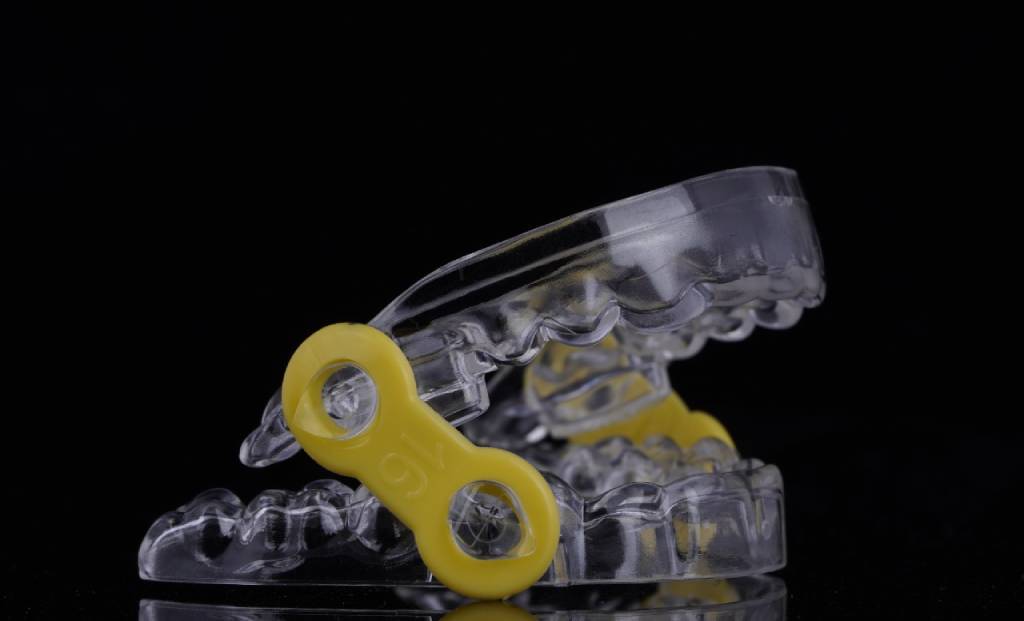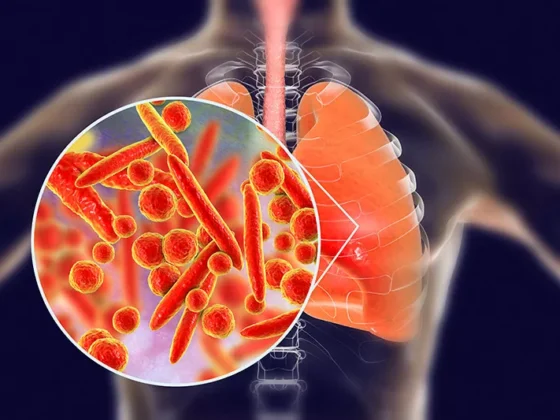Gynecomastia, Circumcision, Piles, and Cataract Surgeries on the Rise Amongst Young Men in India
In a recent report released by Pristyn Care, a leading healthcare provider, it has been revealed that there is a growing trend of young Indian men opting for elective surgeries to address various health concerns. The report, titled “The Great Indian Men’s Health,” analyzed data from over 100,000 surgeries conducted across 40+ cities, shedding light on the increasing demand for surgical corrections among young men in the country.
Gynecomastia Surgeries: Addressing Medical and Cosmetic Concerns The report highlights that 76% of men seeking Gynecomastia surgeries, which involve male breast reduction, fall between the ages of 21 and 30. According to doctors, these surgeries are driven by both medical and cosmetic reasons. Young men become more self-aware during their adolescent phase, leading them to seek medical attention for differences in their body structure compared to their peers. The desire to achieve a “normal” appearance during their hormonal peak in their 20s plays a significant role.
Preemptive Circumcision: Preventive Measures for Health Approximately 53% of men undergoing preemptive circumcision are in the age group of 26 to 35. The procedure, aimed at removing the foreskin, has been associated with reducing the risk of prostate cancer, viral infections like HPV, and sexually transmitted infections (STIs). Surgeons attribute the rise in circumcision surgeries to the increasing awareness of the health benefits associated with the procedure.
Piles Surgeries: A Concern for Younger Men The data analyzed by Pristyn Care also reveals that a significant number of piles surgeries are being performed on men aged 26 to 40. Factors such as hereditary predisposition, sedentary lifestyle, obesity, low fiber diet, heavy lifting, and prolonged sitting contribute to the rise in cases among young male adults.
Cataract Cases: Impacting Younger Men Surprisingly, the report indicates that 8% of cataract cases now affect men between the ages of 21 and 40. Traditionally associated with the elderly, this shift can be attributed to prolonged exposure to UV rays, sedentary lifestyles, early onset of diabetes, smoking, alcohol consumption, environmental factors like food adulteration, and pollution. Regular eye check-ups and a healthy lifestyle are recommended to improve overall eye health.
As Indian men increasingly prioritize their healthcare, Pristyn Care’s report highlights the need for accessible and affordable healthcare options for preventive and preemptive measures. By promoting regular check-ups and emphasizing the importance of early intervention, the aim is to empower men and their families to take control of their health and well-being.











